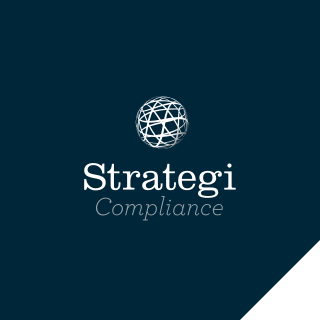Leaders and staff from the Department of Internal Affairs (DIA) and the Financial Markets Authority (FMA) were very active across both days of the conference including facilitating half-day sessions the day prior to the conference. This was followed by the respective leaders giving what has become their standard annual updates.
For any reporting entities who weren’t able to make the conference Strategi’s Head of Compliance Royden McGee has compiled his top 10 takeaways:
1. It is no secret that the supervisors agree with each other that enough time has gone by and all reporting entities should now know what is expected of them regarding AML compliance. The tone is definitely changing from a more educative to a more compliance focussed approach.
2. Future education material will be targeted more around sector red flags and other specific risks.
3. The supervisors will be using intelligence gathered from various sources to risk assess reporting entities and determine who they will focus their attention on.
4. The DIA is stepping up the number of reviews they will conduct and will initially focus on one or two areas of compliance in your business and if there are any issues found this may open the door to a more thorough desk-based review and/or site visits.
5. The use of generic templates that have not been adequately customised including specific mention of the Law Society templates and how they are not fit for purpose.
6. Choosing the right auditor is key and once again they discussed the term ‘suitably qualified,’ and made mention that it is important that your auditor understands the sector that you work in.
7. There was a clear message when it came to audit recommendations – just do it! Ensure that any recommendations are adhered to, don’t wait for your next audit to pick them up and describe them as repeat findings.
8. Enhanced customer due diligence (CDD) is still an issue and simply asking your customers/clients for their bank statement or requesting a letter from their accountant just won’t cut it.
9. Make sure you regularly review and update your reporting entities risk assessment and programme to take into account and capture the latest supervisor information.
10. Getting your AML training done (and ensuring you record it) is key. Also remember there are three types of training that are required on an annual basis – senior managers, compliance officers and all other staff.
If you have any questions or concerns about how your business is tracking when it comes to AML compliance give our expert team a call. We are here to help.


